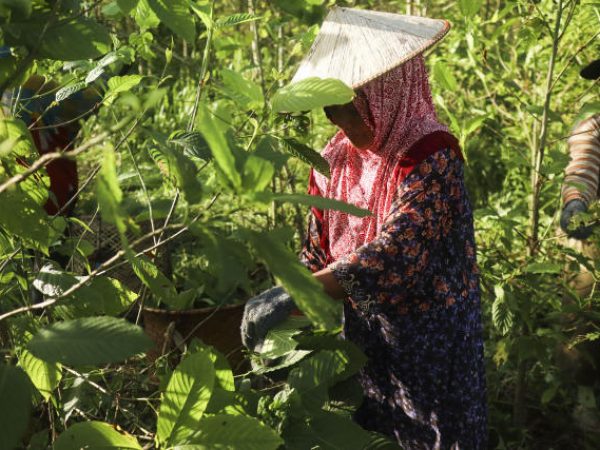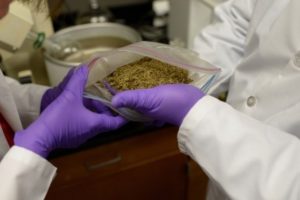Officials in Kedah, a state in northwestern Peninsular Malaysia bordering Thailand, are advocating for the legalization of kratom for export. Known locally as “Ketum,” kratom is currently illegal under Malaysia’s Poisons Act and the Dangerous Drugs Act of 1952. Possession, sale, and consumption can result in severe penalties, including imprisonment and hefty fines.
Shifting Drug Policies in Malaysia
Malaysia’s drug policy has been historically stringent, with harsh penalties for drug-related offenses. However, recent developments indicate a shift towards more progressive approaches. The government is considering amendments to the Dangerous Drugs Act to focus on rehabilitation rather than punishment for drug users. This shift aims to reduce prison populations and provide better support for individuals struggling with addiction.
Economic Potential of Kratom
The Malaysian government has shown some openness to discussions about kratom. Deputy Prime Minister Datuk Seri Fadillah Yusof highlighted the potential economic benefits of a regulated kratom market at the Fourth International Integrative Medicine Conference in 2023. Legalizing kratom export could generate significant revenue for Kedah, benefiting local farmers and reducing reliance on traditional crops like rice and rubber. There is high demand from countries like Germany and the United States, which currently import most of their kratom from Indonesia.

Public Safety Concerns
Despite the economic potential, concerns about addiction and public safety remain significant barriers. Malaysia’s National Anti-Drug Agency has raised alarms about kratom’s impact on students, citing research from Malaysian universities. These concerns underscore the need for proper regulation to prevent misuse and ensure that kratom is used safely and effectively.
Regional Developments
In 2021, neighboring Thailand legalized kratom and has been developing a regulated export market. This move has set a precedent that Malaysia could follow. Kedah’s proposal to legalize kratom export has been discussed in meetings with federal officials, including the Plantation and Commodities Minister. Menteri Besar Datuk Seri Muhammad Sanusi Md Nor, who champions the initiative, remains optimistic about federal approval.
As Malaysia navigates its evolving drug policies, the push to legalize kratom in Kedah represents a significant step towards balancing economic benefits with public safety. Proper regulation and a focus on rehabilitation could pave the way for a more progressive and economically beneficial approach to drug policy in Malaysia.



